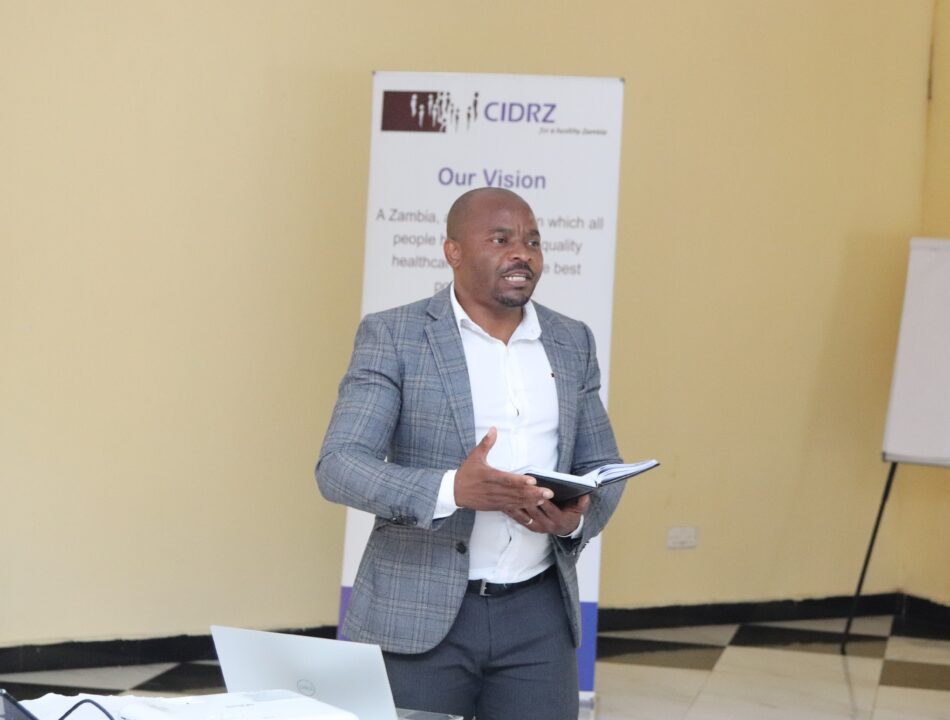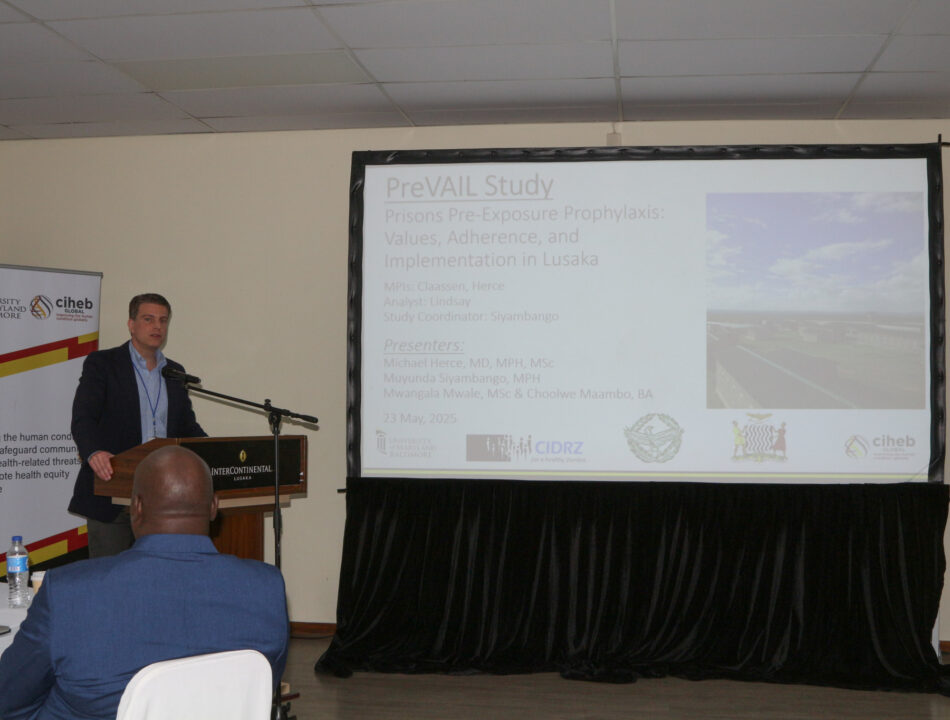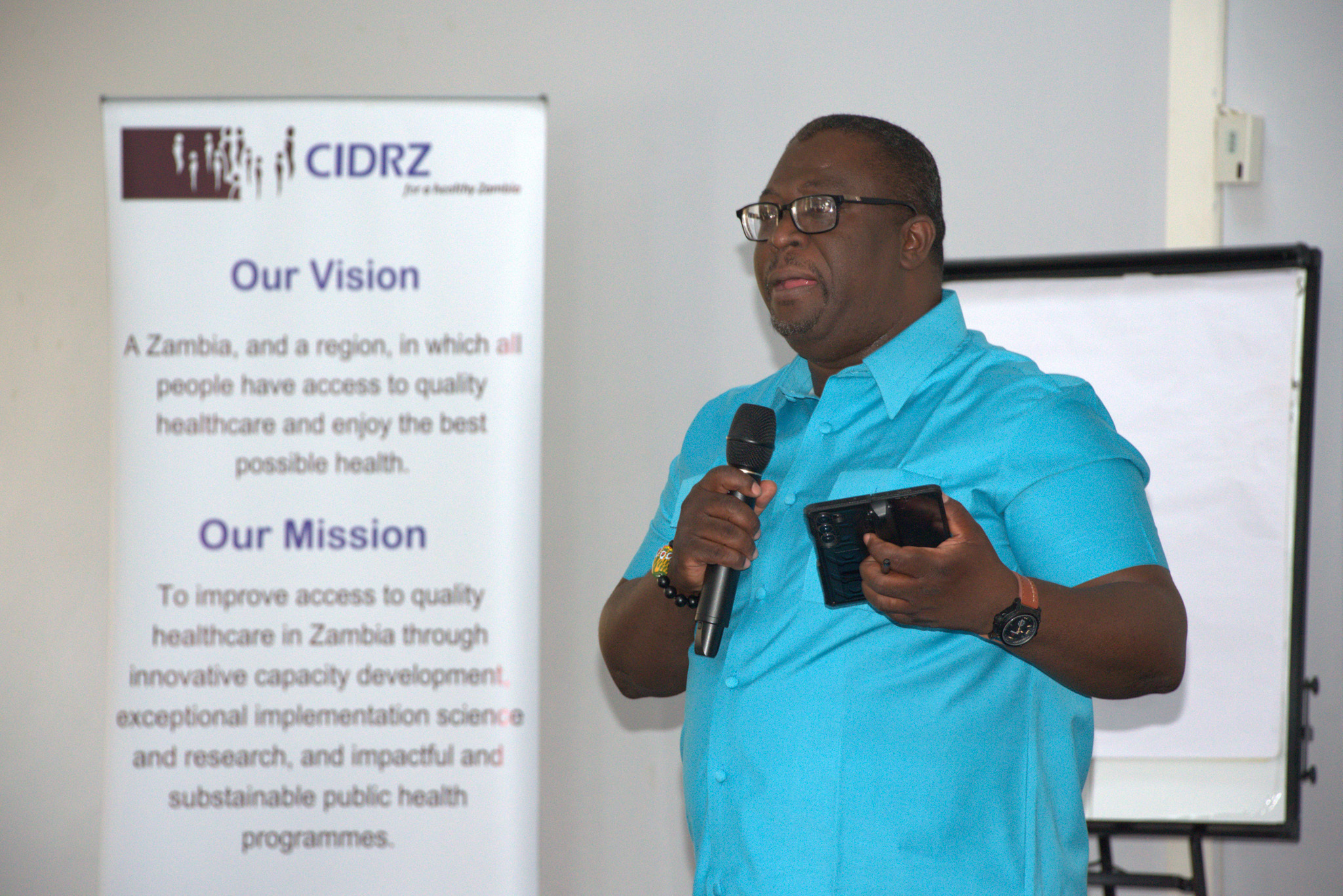Striking gender and rural-urban disparities highlight the need to redesign HIV services to improve HIV testing and linkage by adolescent boys and young men (ABYM) in sub-Saharan African cities.
The Centre for Infectious Disease Research in Zambia (CIDRZ) sought to understand drivers of HIV testing among ABYM living in urban Lusaka in order to design a targeted intervention that may increase their entry into the HIV prevention and treatment cascade.
The research explored factors influencing HIV testing uptake among adolescent boys and young men and gathered insights from healthcare providers working with this group. Discussions revealed that ABYM were motivated to test for HIV by their desire to maintain good health and plan for the future, which they saw as essential to fulfilling their societal and masculine roles.
However, several barriers discouraged them, including peer influence, concerns about lifelong treatment and its impact on their lifestyle, fear of test results, and negative experiences with healthcare providers.
Healthcare providers acknowledged that ABYM often avoided testing due to
busy schedules, complicated clinical procedures, and concerns about stigma. They also noted that mental health challenges, such as depression and risky behaviours like alcohol use, further contributed to low testing uptake.
Both ABYM and Healthcare providers agreed on the need for youth-friendly services that are accessible, private, quick, and free from judgment.
To improve HIV prevention and treatment among ABYM, there is a need for innovative, tailored approaches that address systemic barriers and create supportive environments for testing and care. Read More: https://bit.ly/3XPhKBP







